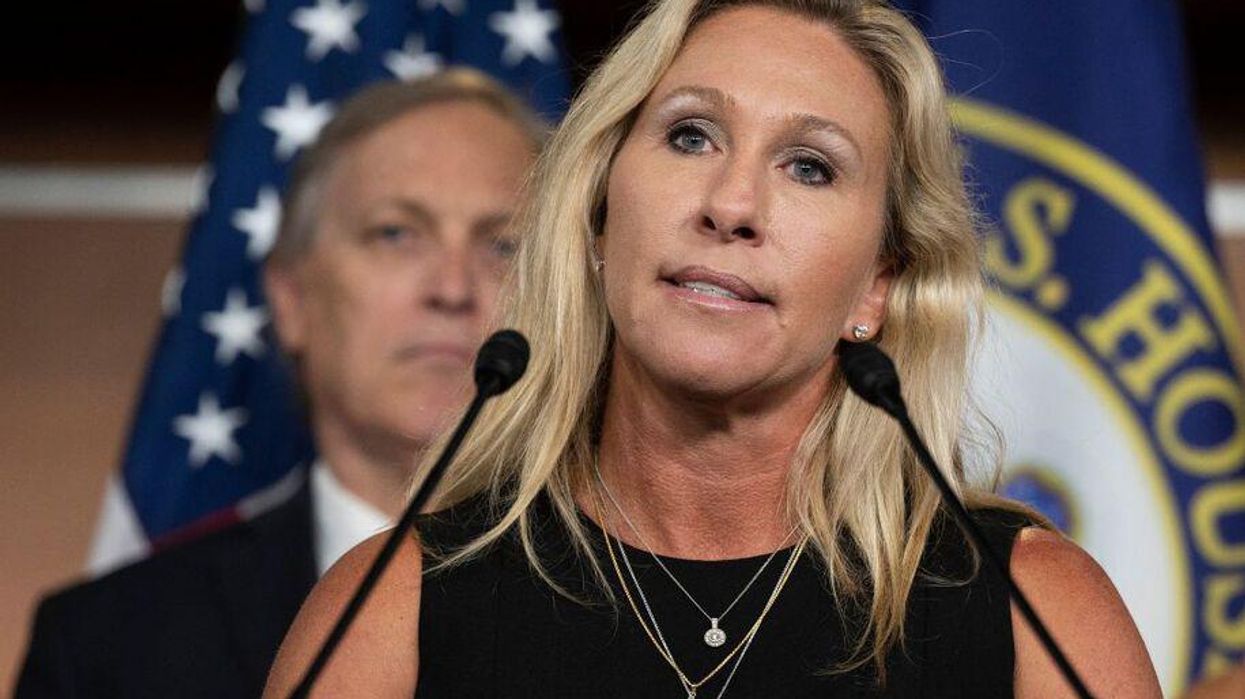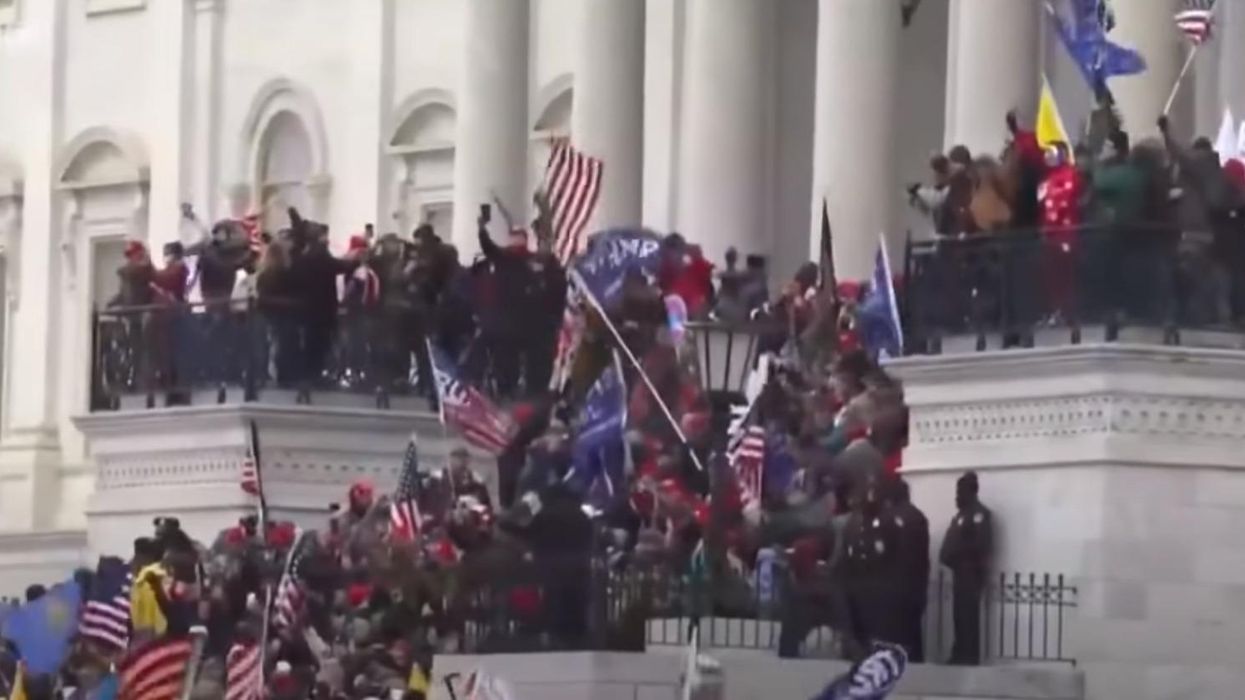Had you ever heard of Patrick Soon-Shiong before last week? For that matter, do you recognize him today? Probably not. He’s the billionaire owner of the Los Angeles Times, who has decided that his personal newspaper will not publish a presidential endorsement this year or ever again. I had to google his identity just now myself.
Soon-Shiong is a South African physician of Chinese descent, a professor at UCLA and several other prestigious medical schools around the world. He’s clearly a scientific genius and a pioneer in transplant surgery, cancer treatment and vaccine development. A philanthropist, he’s said to be the richest man in Los Angeles.
I can think of no obvious reason, however, why anybody would take Soon-Shiong’s political opinions—whatever they may be—more seriously than their brother-in-law’s. It may be that he has come to the same conclusion. Or maybe he’s simply hedging his bets because he doesn’t know which presidential candidate will win next week’s election, and he has heard and heeded Donald Trump’s threats of retribution against anybody he deems a political enemy.
True or false, that certainly appeared to be Jeff Bezos’ motive. The founder of Amazon and owner of the Washington Post ended up looking cowardly to the many readers who have cancelled their subscriptions to the newspaper whose motto “Democracy Dies in Darkness,” strikes them as lame in view of his decision not to endorse a presidential candidate for the first time in decades. The Post itself is an insignificant part of its owners’ far-flung financial interests.
As a business decision, the newspaper’s non-endorsement looked like a no-brainer. Also a no-guts move, according the the Post’s justly-celebrated former editor Marty Baron. “This is cowardice, with democracy as its casualty,” he posted on X. “Disturbing spinelessness at an institution famed for courage.”
But you know what? Even if the Washington Post had published a strongly-worded editorial endorsement of Kamala Harris, as everybody had expected it would, this subscriber probably wouldn’t have read it. As I haven’t read the New York Times’ official endorsement of Harris, and wouldn’t dream of perusing the Arkansas Democrat-Gazette’s expected encomium to the manly virtues of candidate Trump. Although I read large parts of all three newspapers daily, I normally skip unsigned, team-written editorials on any and all topics—politics in particular.
Having spent some years working at a publication where editorial decisions were made by committee (Newsweek in the 1980s, back when it was still a respected publication) I have limited enthusiasm for anonymous, group-written voices from nowhere. The Washington Post publishes a number of opinion columnists I read regularly: Jennifer Rubin, Fareed Zakaria, Philip Bump, David Ignatius, Dana Millbank, Eric Wemple...There are others whose individual voices I greatly respect.
Many of the above were among the 17 Post staffers that signed a protest letter to Jeff Bezos. Which tells you one good thing about him: they don’t fear retribution.
Indeed, I found myself in agreement with what Bezos himself wrote about his decision not to endorse anybody:
“Presidential endorsements,” Bezos wrote in the Post “do nothing to tip the scales of an election. No undecided voters in Pennsylvania are going to say, ‘I’m going with Newspaper A’s endorsement.’ None. What presidential endorsements actually do is create a perception of bias. A perception of non-independence. Ending them is a principled decision, and it’s the right one.”
That said, Bezos’ timing couldn’t have been worse. If he was going to make this decision at all, he should have made it months ago. It’s also a naïve assumption on his part that the news media’s lack of credibility among some Americans stems from editorials they disagree with. Judging from hostile reader emails, I’d have to say that many never absorbed the distinction between fact and opinion taught in seventh grade in the first place.
They certainly pay little heed to the distinction between the news and opinion pages of the newspaper, and there are well-financed propaganda operations working hard to be sure that they never do. Any and everybody whose opinion differs from their own is a notorious liar.
Just the other day, Donald Trump threatened to come after dissenting journalists during his imagined second term: “They’re so nasty. They’re so evil. They are actually the enemy of the people,” he said last Saturday.
Yeah, well you know what? To hell with him.
Speaking as somebody who once resigned from the best job I ever had in a 3 A.M. email rather than allow my byline to appear on an article filled with statements I knew to be wrong, I’m not about to cower before a manifest fraud like Trump.
But I’m also not going to drop my subscription to the Washington Post nor quit shopping at Amazon. My Kindle alone justifies the price of admission. On that score, I see Jeff Bezos as a benefactor of mankind.
Gene Lyons is a former columnist for the Arkansas Democrat-Gazette, a winner of the National Magazine Award, and co-author of The Hunting of the President.












